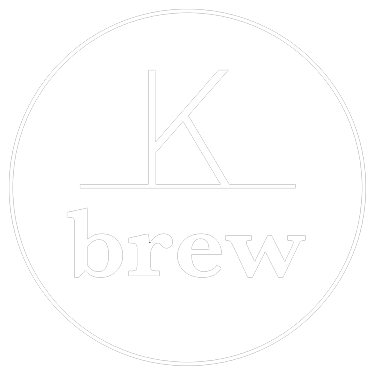If you’re looking for a pick-me-up, chances are the first thing recommended to you would be a cup of coffee. That’s because the main source of caffeine in our diet is coffee.
On average, there’s about 95 mg of caffeine in a common cup (250ml) of coffee. If your mug is larger than an average cup, you’ll absolutely be consuming more caffeine than this on a regular basis.
As intake varies with mug size, it can also vary with other factors like the different types of coffee drinks. Most decaf, for example, is as close to 0 mg of caffeine you’ll get and some popular drinks involving multiple espresso shots can have close to 500 mg!

If you’re looking for a detailed guide on the caffeine content of different types of coffees, this is it!
We’ll cover a few basic questions and then move on to the good stuff, how much caffeine is in each type of coffee:
- What affects caffeine content?
- How much caffeine is in one cup of coffee?
- Should you be concerned about the caffeine content of your beverages?
What affects caffeine content?
There are a number of factors that impact the caffeine content of your favorite coffee beverages.
This includes:
- Types of beans - naturally, different varieties of beans contain different amounts of caffeine
- Roast - lighter roasts tend to have more caffeine (and a lighter flavor) and darker roasts have less caffeine (but a more robust flavor)
- Type of coffee - caffeine content varies greatly between brewed coffee, espresso, instant, and decaf (more on this later)
- Serving size - a “cup” is subjective and doesn’t always mean 250 ml. Sizes of coffee beverages vary from 30-700 ml (1-24 oz) which impacts the amount of caffeine you’re ingesting
Takeaway: It is important to note that the amount of caffeine in a cup of coffee will vary according to the type of coffee bean, the roast style, and the way it is prepared.
How much caffeine is in one cup of coffee?
Do you have ten hours to go over every single type of coffee beverage available today? Just kidding… but it is a pretty long list!
As mentioned above, the caffeine content greatly varies depending on the type of coffee drink you’re enjoying.
Take these for instance:
- Brewed coffee
It is common to brew coffee in North America and Europe. If you ask for a “coffee” this is likely what you’ll be served. Either in a pour-over fashion or drip brewed. A standard cup (250 ml // 8 oz) contains anywhere from 70-140 mg of caffeine. This varies based on the factors listed above.
2. Espresso
Another common way to drink coffee in Europe and in mixed coffee drinks in North America, espresso is a small, concentrated drink made by forcing steam through finely ground beans. Espresso has more caffeine content by volume, but contains less per serving because espresso servings are usually 30-50 ml (just 1 - 1.75 oz) and have about 63 mg caffeine per serving.
As you can imagine, a double shot of espresso would contain around 125 mg caffeine.
3. Espresso drinks
Many coffee drinks such as lattes, cappuccinos, and americanos are made by adding espresso to other liquids (usually milk or hot water). These drinks tend to be offered either hot or iced in North America, and may even be blended with ice and sugar/syrup to make a “frappuccino.”
These types of drinks contain the same amount of caffeine as an espresso shot (or shots) because none of the mixer liquids contain any caffeine.
4. Instant coffee
Frequent travelers know the taste of instant coffee all too well. But does it have the same amount of caffeine as a regular cuppa?
Not quite, depending on your cup size, instant coffee tends to contain between 30-90 mg of caffeine. It could vary depending on exactly how much instant coffee you mix into your water.
5. Decaf
While it certainly won’t keep you up as late as regular coffee, decaf coffee does still contain some caffeine. Usually, it’s around 0-7 mg per cup but on average it’s about 3 mg of caffeine per cup of decaf.
Like regular brewed coffee, the amount of caffeine in decaf depends on the type of coffee, beans, cup size and method of decaffeination.
Takeaways:
Usually, a brewed cup of coffee containing 8 oz contains 95 mg of caffeine. In an espresso or espresso-based drink, you can expect to consume at least 63 mg, while decaf coffee contains only 3 mg of caffeine on average.

Should you be concerned about the caffeine content of your beverages?
While coffee is actually very high in antioxidants and quite good for your health most of the time, there is such a thing as getting too much caffeine.
Overindulging in coffee may result in feelings of anxiety, problems sleeping, restlessness, and even heart palpitations.
Typically, most people can consume between 400-600 mg of caffeine on a daily basis with no problems. Or around 6mg/kg of body weight. It helps to consume coffee with or after eating food to avoid feelings of anxiety and to avoid spiking your stress hormones first thing in the morning.
If you feel adverse effects from caffeine, be sure to monitor your intake and discuss it with your doctor to find the right amount for you.
Trying different amounts will help you determine which is best for you!
If you're looking for brewing equipment or different coffees to try, we've got you covered!


